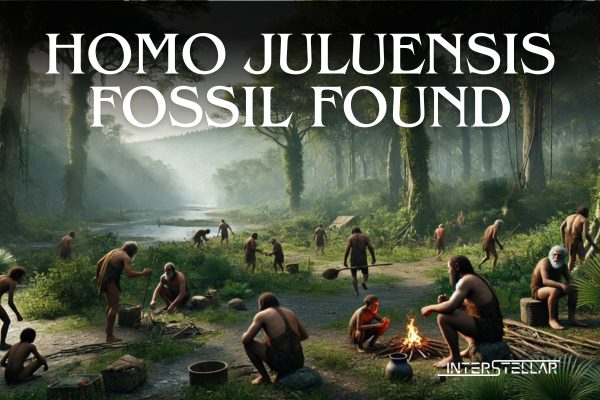New Human Species, Homo juluensis, Proposed by University of Hawaiʻi Researcher
A researcher from the University of Hawaiʻi has potentially uncovered a new human species, Homo juluensis, shedding light on the complex history of human evolution in Asia. Professor Christopher J. Bae, an anthropologist at the University of Hawaiʻi at Mānoa, has dedicated over 30 years to studying ancient human ancestors across Asia. His latest findings, published in Nature Communications, contribute to untangling the mysteries of ancient human relatives like the Denisovans, whose histories are still being pieced together.
Discovering Homo juluensis
According to the research, Homo juluensis lived around 300,000 years ago in eastern Asia and disappeared roughly 50,000 years ago. These early humans likely hunted wild horses in small groups, crafted stone tools, and may have processed animal hides for survival. What makes Homo juluensis particularly intriguing is its potential connection to the Denisovans—an elusive population known primarily through DNA evidence and a handful of fossils from Siberia, Tibet, and Laos.
Professor Bae and his team identified similarities in jaw and teeth fossils from various sites in Asia, suggesting a possible link between Homo juluensis and the Denisovans. However, further research is necessary to confirm this relationship and refine the classification of these ancient populations.
A New Method for Organising Fossils
Bae attributes this breakthrough to a novel system for organising fossil evidence, likening the process to sorting an old photo album filled with blurry or mislabelled images. By systematically categorising fossils from China, Korea, Japan, and Southeast Asia, his team has brought clarity to a previously ambiguous fossil record.
“This study clarifies a hominin fossil record that has tended to include anything that cannot easily be assigned to Homo erectus, Homo neanderthalensis, or Homo sapiens,” Bae explained. By organising fossils into distinct groups, the research offers a clearer understanding of human evolution in Asia.
Filling the Gaps in Human Evolution
The work of Bae and co-author Xiujie Wu, a senior professor at the Chinese Academy of Sciences, is essential in illuminating the complex web of human evolution. Their efforts provide a deeper understanding of the diversity of human species that once coexisted and their contributions to our genetic and cultural legacy.
This discovery not only enhances scientific knowledge but also improves how the story of human evolution is communicated to the broader public. As researchers continue to analyse the fossils and DNA, this study marks a significant step forward in piecing together humanity’s ancient history.





